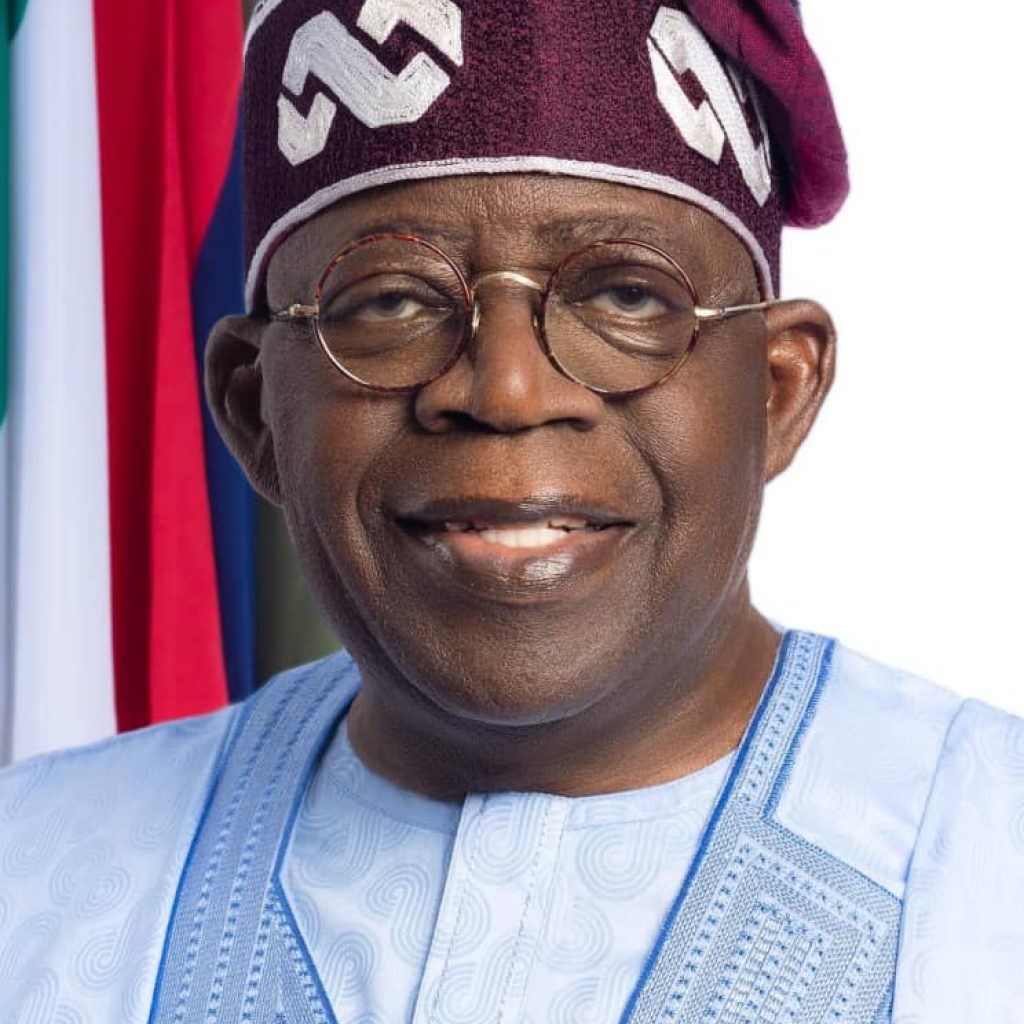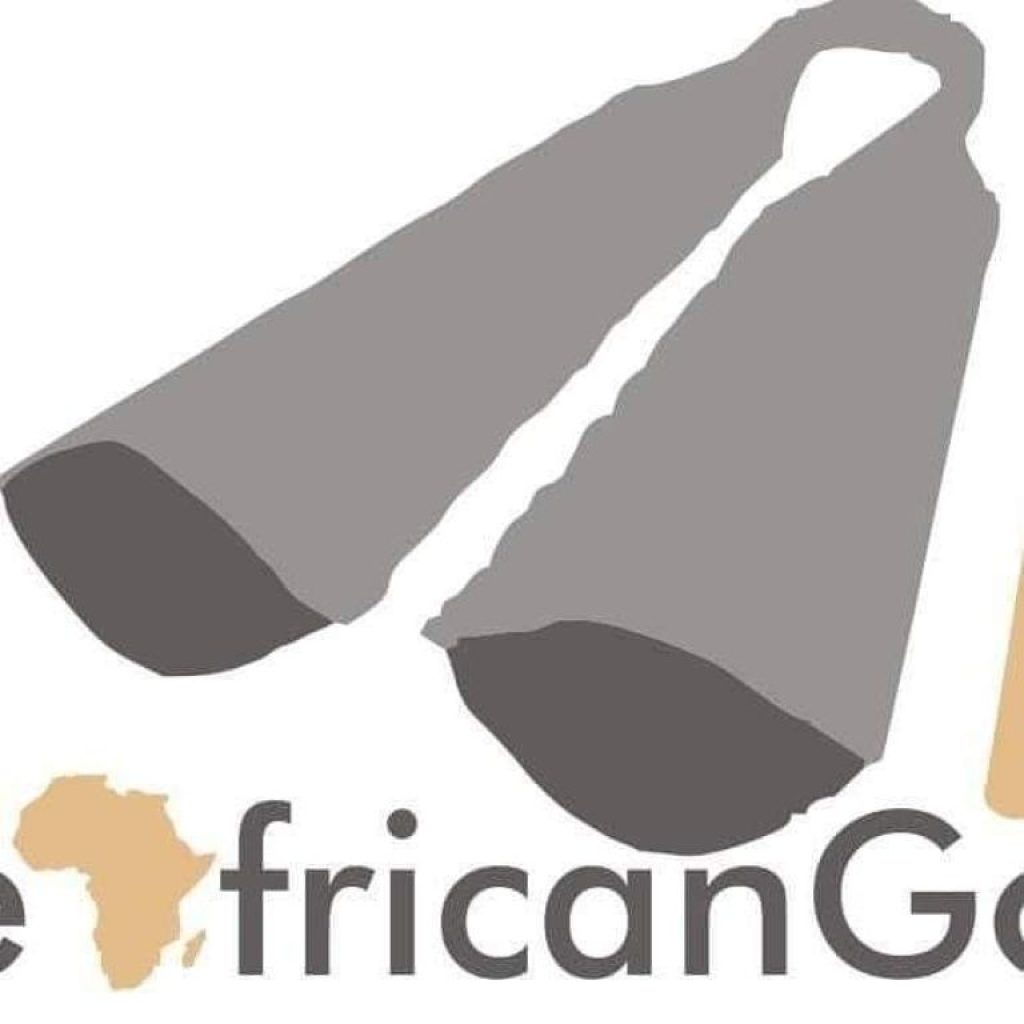
By Frank Meke
In Nigeria’s cultural tourism sector, life often swings like a pendulum—colourful, unpredictable, and cyclical—reminding us that we sometimes treat yesterday as if it will always be today.
We have witnessed both the promising and problematic sides of governance in this space, from the military’s experimental attachment of tourism to various ministries, to the creation of a standalone Ministry of Tourism during civilian administrations, each marred by its own brand of mismanagement and drama.
President Olusegun Obasanjo, upon Nigeria’s return to democracy in 1999, gave tourism a genuine push. He insisted on establishing a dedicated ministry and a functional agency—then known as the Nigeria Tourism Development Corporation (NTDC), now the Nigeria Tourism Development Authority (NTDA)—to drive tourism policy and implementation. Obasanjo personally selected leaders for the sector and launched the Presidential Council on Tourism, which united state governors across political lines to pursue a common national tourism vision.
This era remains a reference point for many in the private sector, a sort of déjà vu moment. Yet, that vision lacked legislative backing, and without it, even the most passionate dreams fade.
Things began to change in 2006 when Olusegun Runsewe was appointed to lead the NTDC. Runsewe defied limitations and showed that radical transformation in tourism was indeed possible. His tenure remains a milestone in the sector’s development.
By 2015, Runsewe brought similar revitalization to the moribund culture sector, transforming what looked like a mausoleum into a goldmine of potential. That era gave birth to foundational reforms, including new legal frameworks under NTDA and NIHOTOUR. While the processes that birthed these documents weren’t perfect or fully inclusive, perfection is not a prerequisite for progress.
A 2013 Supreme Court ruling on the governance structure of culture and tourism provides valuable direction. Contrary to how it’s often used—as a weapon against reform—it should serve as a guide for integrating efforts among federal, state, and private stakeholders to grow the sector. It wasn’t a separatist judgment, and certainly not a zero-sum game.
In any serious national development agenda, policies and legal frameworks should be seen as tools for progress—not instruments of resistance. Unfortunately, in our clime, judicial pronouncements are often distorted, weaponized, and used to further personal agendas rather than national interest. This is especially true in the tourism sector, which continues to be exploited by a few at the expense of many.
One must ask: what have those who hide under the 2013 judgment done to reform the sector or uphold standards? If the elders in our industry stay silent while the sector deteriorates, they betray their responsibility.

Some so-called influencers in our sector suffer from a delusional déjà vu syndrome—nostalgic for a past that never fully delivered—and their inaction continues to hinder the creation of a unified platform for meaningful public-private collaboration.
A glaring example of systemic failure lies in the hospitality sub-sector, where casualization and exploitation of Nigerian workers is rampant. Government and organised labour must urgently investigate and address these abuses, rather than leave the task to compromised unions or self-serving stakeholders.
Only a responsive and responsible regulatory framework can correct these ills. Where there are conflicts or overlaps in regulatory functions, patriotic dialogue and collaboration—not sabotage—must prevail.
Nothing is immovable when national interest leads the way. Nigeria’s tourism and cultural development must align with global best practices, and this requires legal frameworks. The NIHOTOUR Act of 2022 is a legitimate law and should be embraced—not attacked—by stakeholders. No law is perfect, but that’s why there are mechanisms for review and amendment.

As we deepen our democratic journey, we must test the strength of our laws and institutions with good faith. Criticism is welcome, but it should be constructive and patriotic.
The deliberate attacks on the NIHOTOUR Act and its implementation are short-sighted. Documents, like maps, must evolve. We must give our leaders and institutions the benefit of the doubt, pray for their wisdom, and participate in reform efforts with love for our country.
As a longtime critic of government’s failings in the sector, I have never refused to offer guidance when asked. Nigeria cannot grow if we remain entrenched in rigid opinions, unwilling to accommodate alternative views.
If we continue to view every reform initiative as another déjà vu, we must be ready to face the consequences of stagnation.
